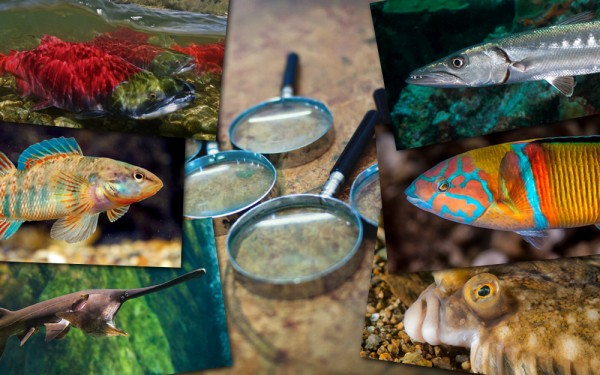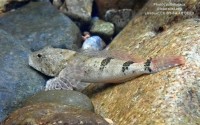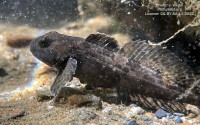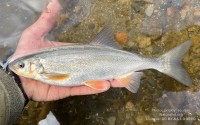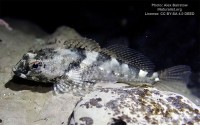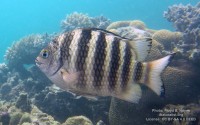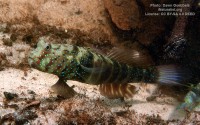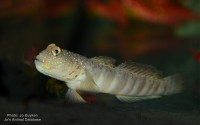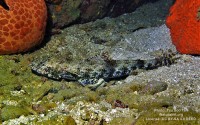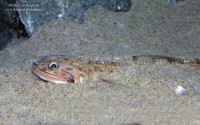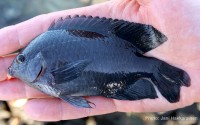Two-spot red snapper
(Lutjanus bohar)
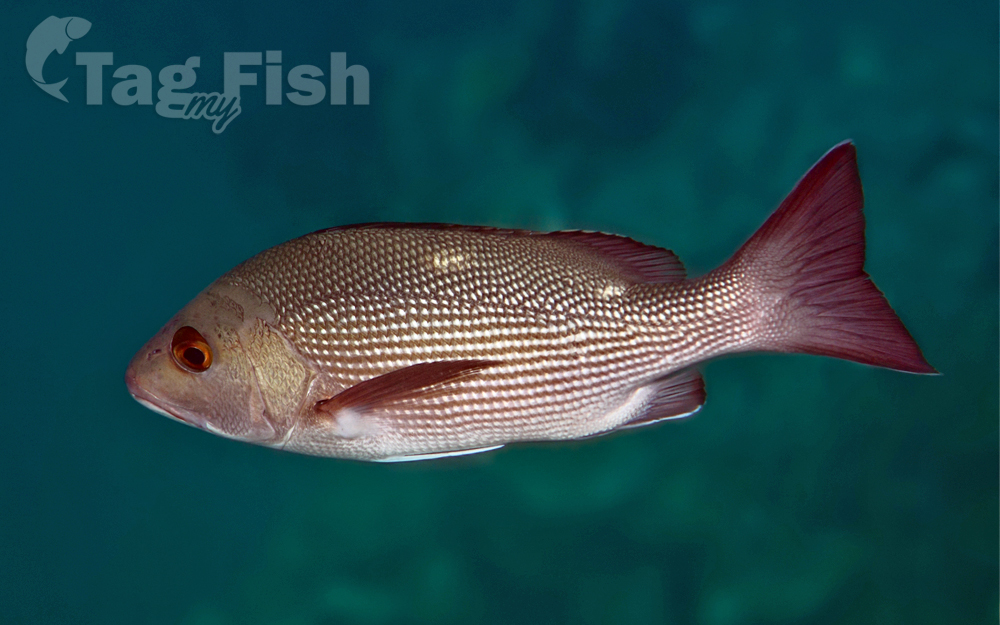
Classification
General data
Lutjanus bohar, the two-spot red snapper, the red bass, twinspot snapper or bohar snapper, is a species of marine ray-finned fish, a snapper belonging to the family Lutjanidae. It has a wide Indo-Pacific distribution.
Description
The two-spot red snapper can reach a length of 90 cm (35 in), though most do not exceed 76 cm (30 in). The greatest recorded weight for this species is 12.5 kg (28 lb). These large reddish tropical snappers show darker fins, a rounded profile of the head, and a groove running from the nostrils to the eyes. They have 10 dorsal spines and 3 anal spines.
Juveniles and some adults have two silvery-white spots (hence the common name) on the back close to their dorsal fins, while larger adults lose the spots and become mostly red. Large adults may cause ciguatera poisoning.
This species is a commercially important species and is also sought-after as a game fish.
Biology
It is a long-lived and slow-growing species that reaches maturity at 8–9 years, and the oldest recorded individual is 56. These fishes are carnivorous, mostly feeding on other fishes, crustaceans and molluscs.
Adult snappers often form large schools on the outer reefs or above sandy areas, mainly to form spawning aggregations. Small brownish juveniles mimic damselfishes of the genus Chromis in order to approach their prey.
The chambered nautilus, Nautilus pompilius, is known to scavenge deceased snappers. A pair of nautiluses recorded feeding on a snapper at 703 metres below the surface constitutes the deepest recorded sighting of any nautilus species.
Distribution
This species is native to the Indian Ocean. It is widespread in the Indo-Pacific from the east African coast, north to the Red Sea, to the western Pacific Ocean, north to the Ryukyu Islands, south to Australia.
